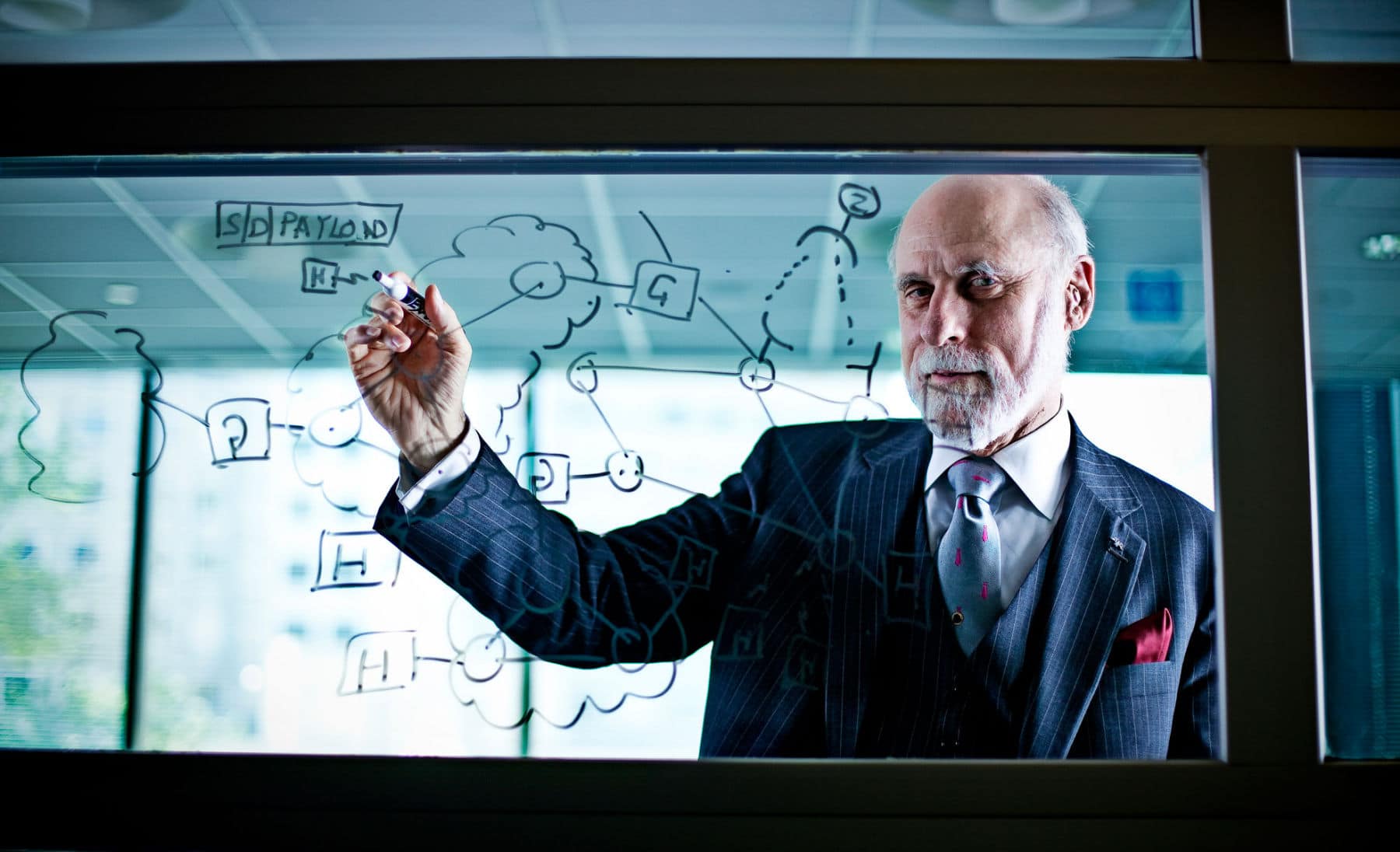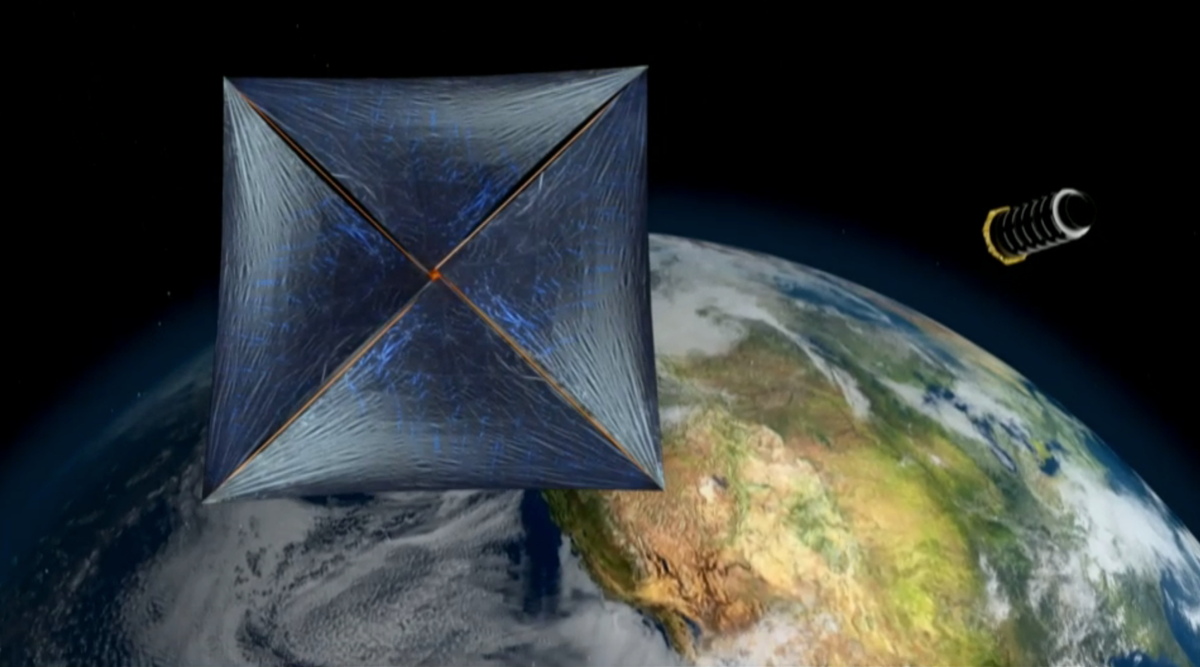Vince Cerf, recognized as one of the fathers of the internet, made a statement back in 2015 that we may be living in the “forgotten century” simply because of our reliance on digital forms of communication and documentation. According to Cerf, we are relying on software to document and record our experiences that will inevitably become obsolete. Cerf calls it “bit rot,” namely when old computer files can no longer be opened and accessed with current software. Prior to the digital revolution, humans wrote letters on paper, read newspapers printed on paper, took pictures printed on paper. And while indeed paper is far from invincible (there are countless books and articles written about the vast amount of information lost to the material breakdown of paper over hundreds of years), one doesn’t need software to ‘open’ a paper document, or recreate it in some fashion. Cert explains for the Guardian
 |
| Vince Cerf believes we'll be the forgotten century |
“When you think about the quantity of documentation from our daily lives that is captured in digital form, like our interactions by email, people’s tweets, and all of the world wide web, it’s clear that we stand to lose an awful lot of our history.”
As a writer and researcher, I agree with Cerf. I find it deeply concerning how much as a society we rely on digital forms of communication and documentation. In fact, much of my work is created first in basic pen and ink and then transcribed onto a computer—at least I’ve ensured a back-up that will last (barring flood or fire).
But are Cerf’s concerns being ignored? Are humans barrelling down the cyber-highway without leaving a trace behind that will help them see where they’ve come from?
Immortality Drive is one project that has sought to ‘back-up humankind’. According to Wikipedia, “it is a large memory device which was taken to the International Space Station in Soyus Spacecraft on October 12, 2008.” The drive contains full DNA sequences of a “select group” of humans, such as physicist Stephen Hawking, a comedian, a model, and even Lance Armstrong. The intent of the project is to somehow preserve human DNA in a time capsule in the event a global catastrophe wipes out humankind.
While this is a cool project, its date (2008) says it all, for it features too thin a pool to be a true back-up of humanity. What we’d need is some way of backing-up every person in this “forgotten century.”
Enter the company Kickstarter and its project to set up a “cosmic CLOUD of human data.” This company is looking at the possibility of using the Universe as a massive cloud computing system. This project, according to Express, will send “data, messages and even DNA into space using laser propelled spacecraft.” The promise is that “your data will live forever in the universe—you will be immortalized.” This program literally send your data to space via spacecraft; things like documents, audio clips, photos, videos, DNA—even tweets! The company claims the information will last forever.
Kickstarter hopes to beam human DNA and tweets into space
This all sounds very cute and gimmicky. But does it solve Cerf’s fear of the forgotten century? No. For the data that Kickstarter claims to be sending to space is all contained within a particular software. They claim they’ll use lasers to project the data, but how can it be accessed once it’s reached space? Is this a true backup of humanity? To me they would have to first solve the software problem. As well, how will the ‘consumer’ of this product be able to tell whether or not the information has actually been stored in space? My argument is Kickstarter hasn’t solved Cerf’s software problem, and therefore has not truly solved the backup issue.
Some have cited Stephen Hawking’s Starshot project as a similar venture; however, his is entirely different. Starshot seeks to send laser lightyears into outer space to record data and send it back to earth. It can also shoot messages messages to outer space, but not store it there in a cloud to somehow backup humanity. Quite logically, it seems to me, to truly backup humanity requires we solve Cerf’s bit rot problem.


No comments:
Post a Comment